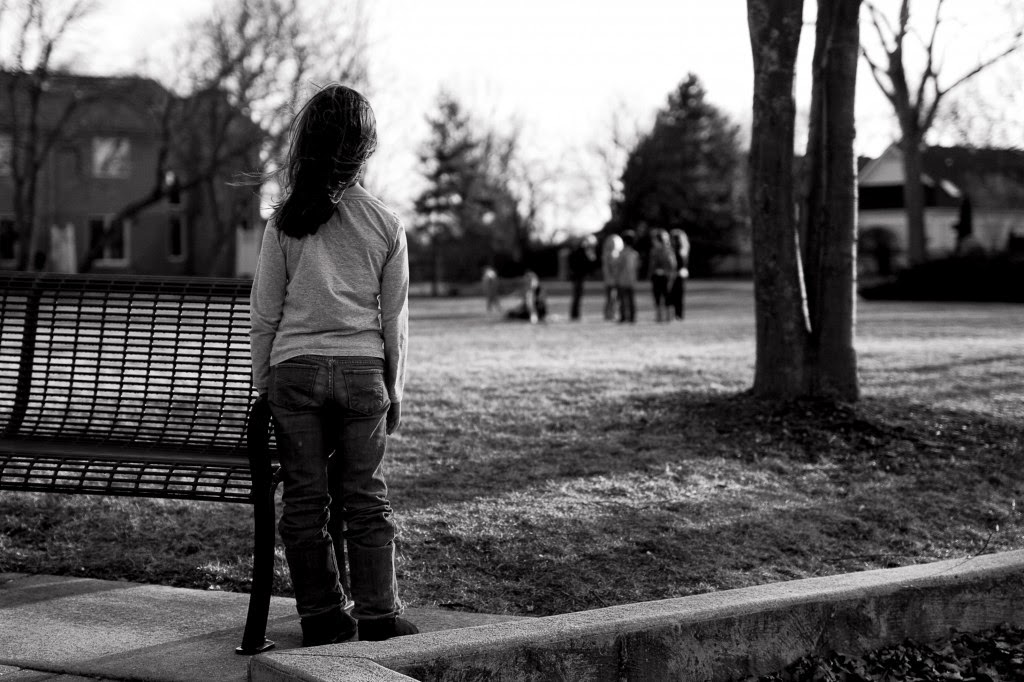Aspergers Children and Social Skills Interventions
In this post, we will look at the ingredients that are critical to making “social skills interventions” successful for kids with Aspergers. Here you will find basic principles for teaching social skills that capitalize on the strengths of such kids, while specifically addressing their deficits: Make the abstract concrete— Relative to some academic skills, teaching social competence involves abstract skills and concepts. Because kids with Aspergers tend to be concrete and literal, the abstract nature of these interpersonal skills such as kindness, reciprocity, friendships, thoughts, and feelings makes them especially difficult to master. A first critical step is to define the abstract social skill or problem in clear and concrete terms. The behavior must be explicitly operationalized and the youngster taught to identify it and differentiate it from other behaviors (Is this a friend or not a friend? Is this a quiet or a loud voice? Were you being teased or not? Are you followin

